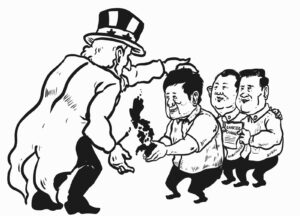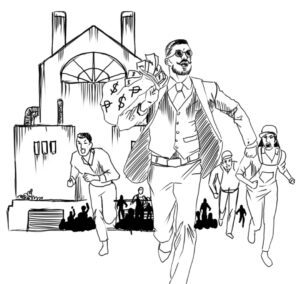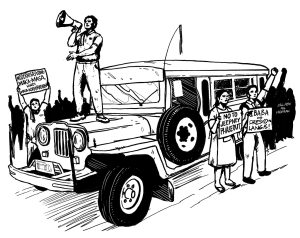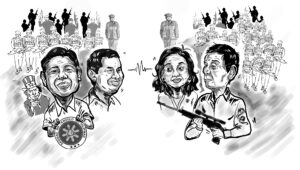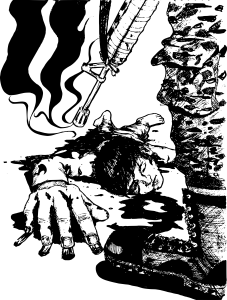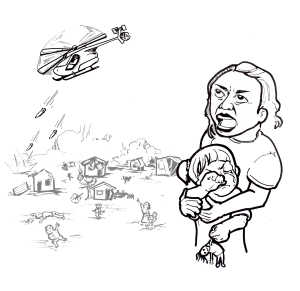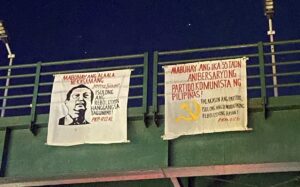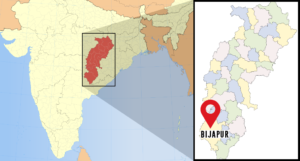The miserable situation of Misamis Oriental coconut farmers

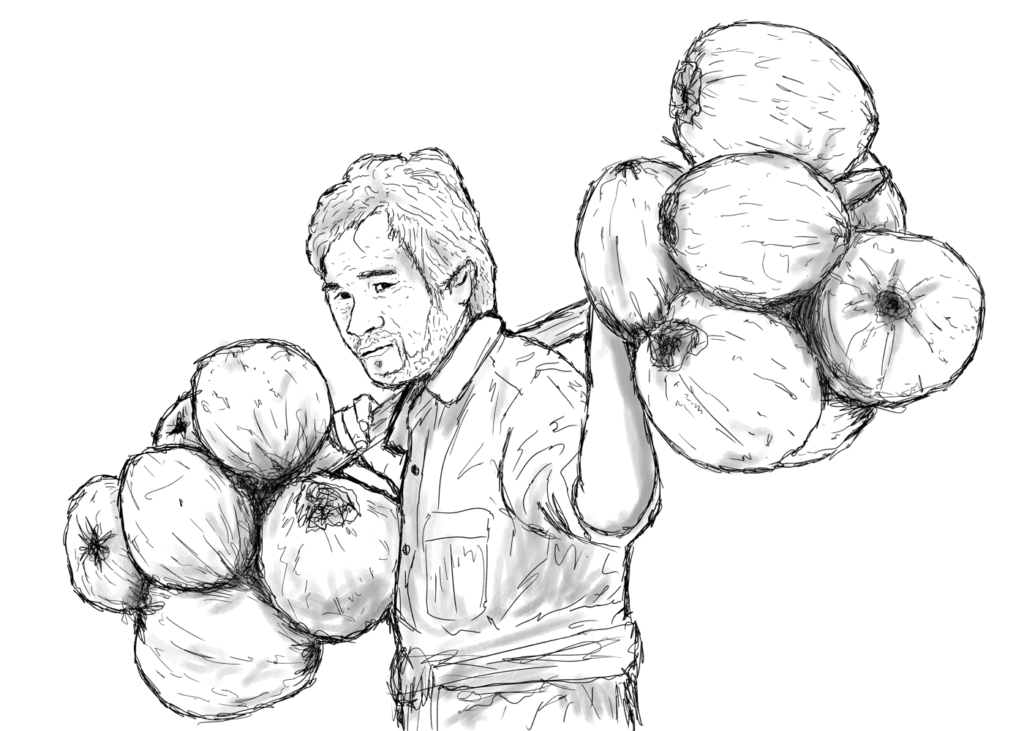
Tatay Gil makes a living by selling copra. In his town, copra sells for only ₱25 per kilo. Quarterly, he sells only 300 kilos of copra to buyers. In short, he only earns ₱7,500. This is very low even though the processing company is close to their village.
Misamis Oriental province is known as the leading source of coconut in the whole of Mindanao. Companies that process it in the region include the subsidiary of the giant multinational company Wilmar International in Gingoog City; Pilipinas Kao, a subsidiary of the Japanese company Kao Corporation, in Jasaan town; Fiesta Brand in Medina owned by the Campos family (NutriAsia); and Cagayan de Oro Oil held by United Coconut Planters Bank. These mostly foreign companies monopolize the coconut industry, from buying copra to processing it into finished products.
In Tatay Gil’s case, he only earns ₱83 a day. This is very little compared to the ₱134 bare minimum needed to support his family, including his elderly parents who depend on him. His income is so low that there is almost nothing left to buy viands. He faces the big problem of where to get funds when his parents get sick. To increase his income, Tatay Gil does not rely only on selling copra. He also sells coffee and bamboo to help with expenses.
Even more wretched is the situation of Tatay Magno who sells whole coconuts. In three months, he harvests only 100 pieces. He dehusks them before weighing them. A hundred pieces weigh only up to 60 kilos. Selling for ₱5 per kilo, Tatay Magno earns only ₱300 every three months or ₱3 per day.
Because income from selling coconuts is not enough, Tatay Magno also sells lawi (reed material for making house brooms). Every month, Tatay Magno and his wife save 50 kilos of lawi which they sell for ₱60 per kilo. From this they earn ₱2,900 (minus ₱100 for fare) per month or ₱97 per day.
The bare minimum daily needs of Tatay Magno, his wife and their two grandchildren who are studying in elementary school costs ₱251. Due to the very cheap selling price of their product and meager income, the couple are deep in debt from the store to keep up with their daily needs.
Tatay Gil and Tatay Magno are just two among the farmers who suffer from the drastic fall in the price of coconuts in the province. This is despite the increasing demand for coconut in the global market. Coconut and its oil-based products include coco-chemicals, laundry and bath soaps, shampoo, baby oil, pomade, compact disks, refined coco oil, dessicated coconut and coconut milk products. Coconut farmers receive no subsidy when coconut selling prices plummet. Thus, they need to get various jobs also paying very low wages.
Ordeal made worse by corruption
The families of Tatay Gil, Tatay Magno and thousands of others in Misamis Oriental have been coconut farm workers for decades. They are among the small coconut farmers who suffered from the onerous coco levy during the US-Marcos Sr. dictatorship under the 1972-1986 martial law. Until now, the funds which belong to them and which they have long been fighting for have not been returned to them. Instead, the funds are now in the hands of the US-Marcos regime.
A few days before stepping down, Rodrigo Duterte virtually gifted the coco levy fund to Ferdinand Marcos Jr. when he issued the order that allowed the Department of Agriculture to use the fund to “develop” the coconut sector. By virtue of Executive Order No. 172, the Coconut Farmers and Industry Development Plan was laid out under the department. Not surprisingly, Marcos Jr. immediately took over the department when he came to power in 2022. He stayed in the DA for one year without improving the livelihood of coconut farmers, and instead worsening their suffering.

